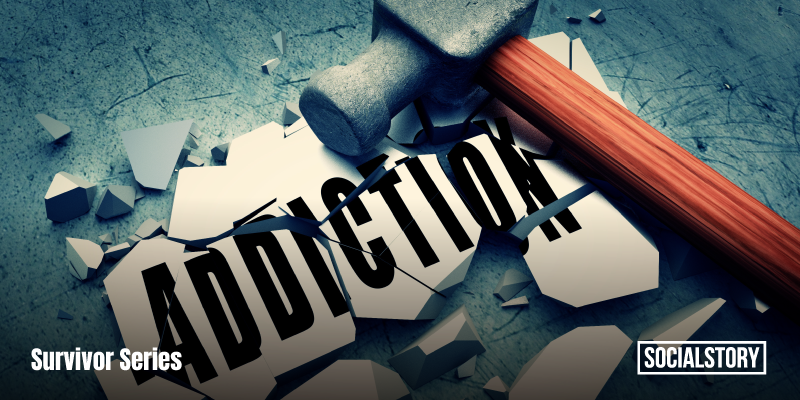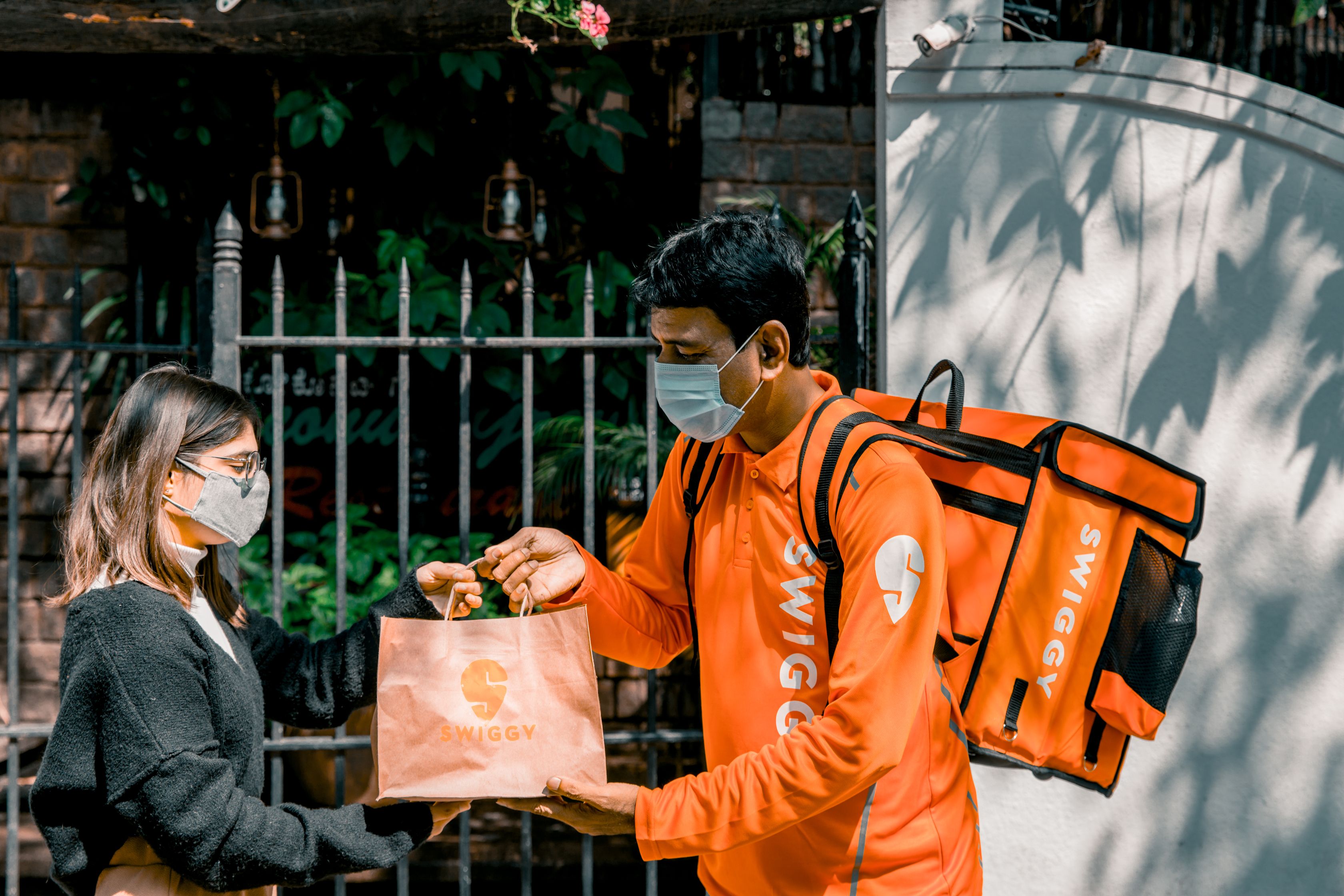Survivor Series: Quitting my addiction has boosted my confidence and mental health
Former tobacco addict Lakshaya* tells us that since quitting his habit, he has helped other addicts also make better life choices
My name is Lakshaya, and I am a 26-year-old waiter living in Mumbai. I first became addicted to chewing tobacco at the age of 17. I had just broken up with my girlfriend and went into depression. I soon became addicted and the habit became my crutch to cope with my loneliness.
Within a few years, I started feeling the ill effects of the habit. I started getting pain in my chest, acidity and my breath smelled very bad. I also had recurring headaches. Despite trying numerous times to quit the habit, I struggled and eventually returned to chewing tobacco.
When the headaches became intolerable, I decided to visit a doctor who realising the seriousness of my condition, referred me to the de-addiction counselling programme at LIfeFirst.
1559221969215.png?fm=png&auto=format)
Millions of Indians use tobacco in some form or the other.
Image credit: Shutterstock
In the early days, I was very reluctant to open up about my past and my feelings to my counsellor – Ms Ratandeep Chawla. She was the one who made me realise that my dependence on tobacco was a means to provide myself emotional comfort. The one question that changed my perspective was when she asked me ‘how tobacco had hindered my pursuit of education and the chance of finding an office job.’
That was a turning point and I decided to fight my addiction and restart my education. I was given coping strategies – the 4Ds (Drink Water, Delay, Distract, Do something else) along with regular physical exercise as tools to handle the cravings.
By the end of the six months, I had quit tobacco. I stayed in touch with my counsellor to report my progress. Since quitting tobacco, my health and mindset have both improved, and I am no longer depressed.
Even when I returned to my village during the lockdown, and had to survive without a job, it did not lead me back to tobacco abuse. I even managed to support my family with my savings. The counsellors taught him how to say no when my friends offered me tobacco. Even better, I motivated my friends to quit tobacco. They were impressed and began looking up to me, which really boosted my confidence. I decided I would do what I could to help people who were addicted to chewing tobacco in my village to quit the habit.
This is all a very big achievement as I am actually a very shy person. But quitting tobacco and helping others has really boosted my confidence and I am so happy that I am able to speak out and help others.
Edited by Diya Koshy George











